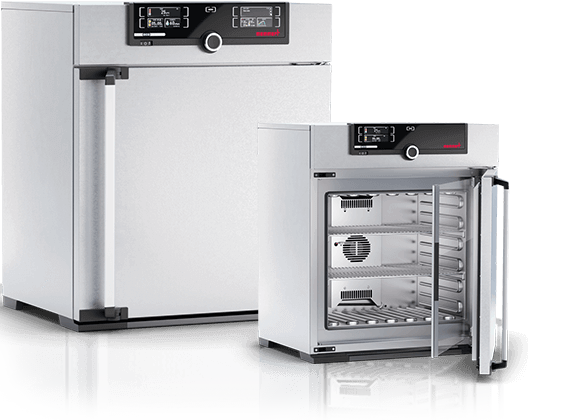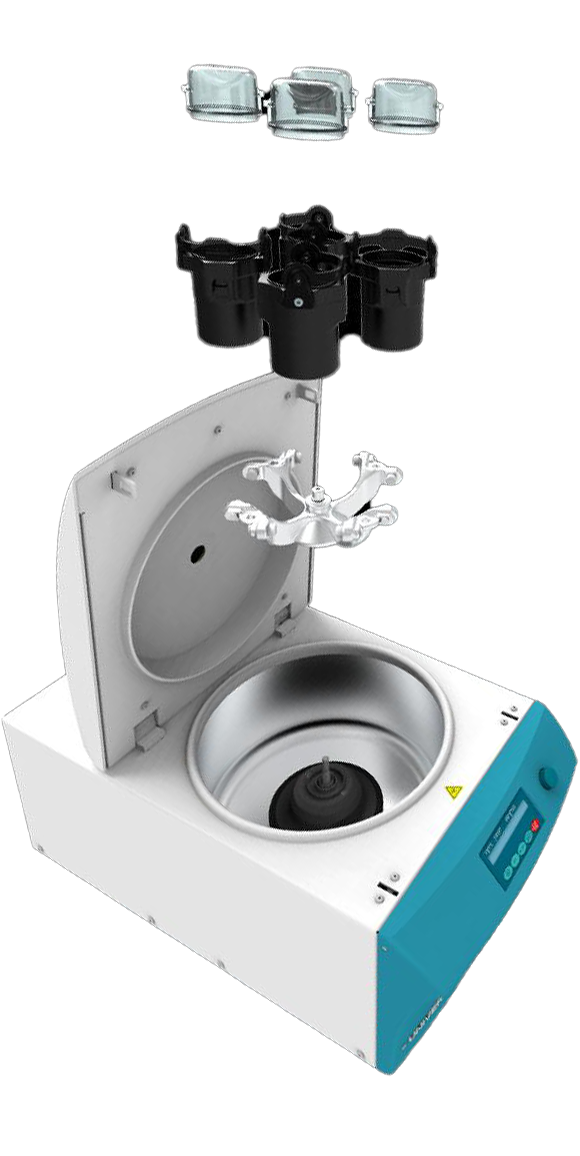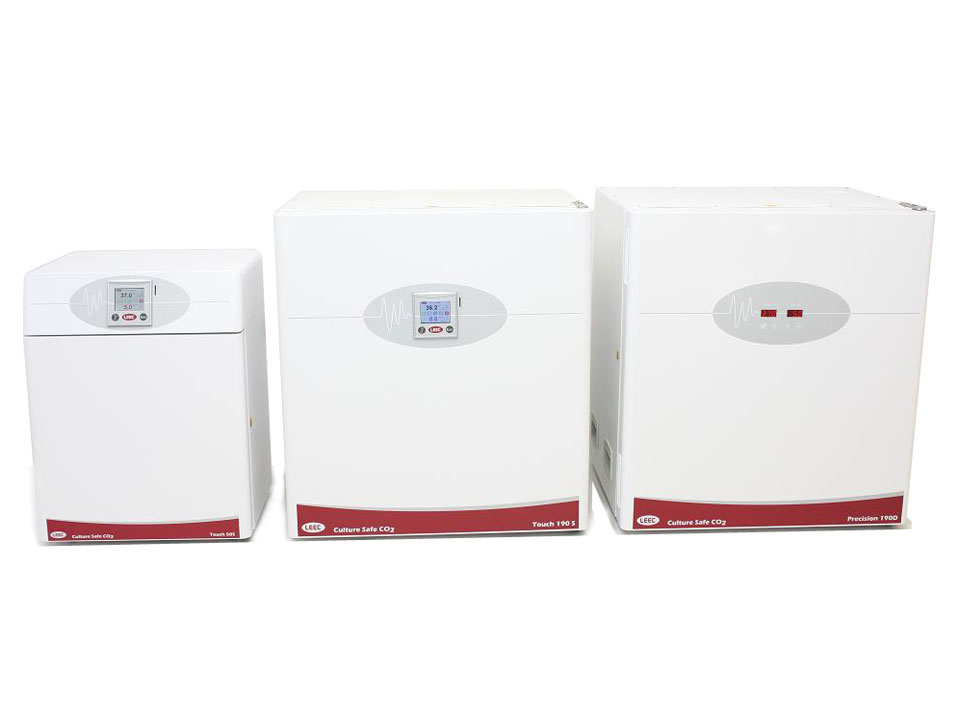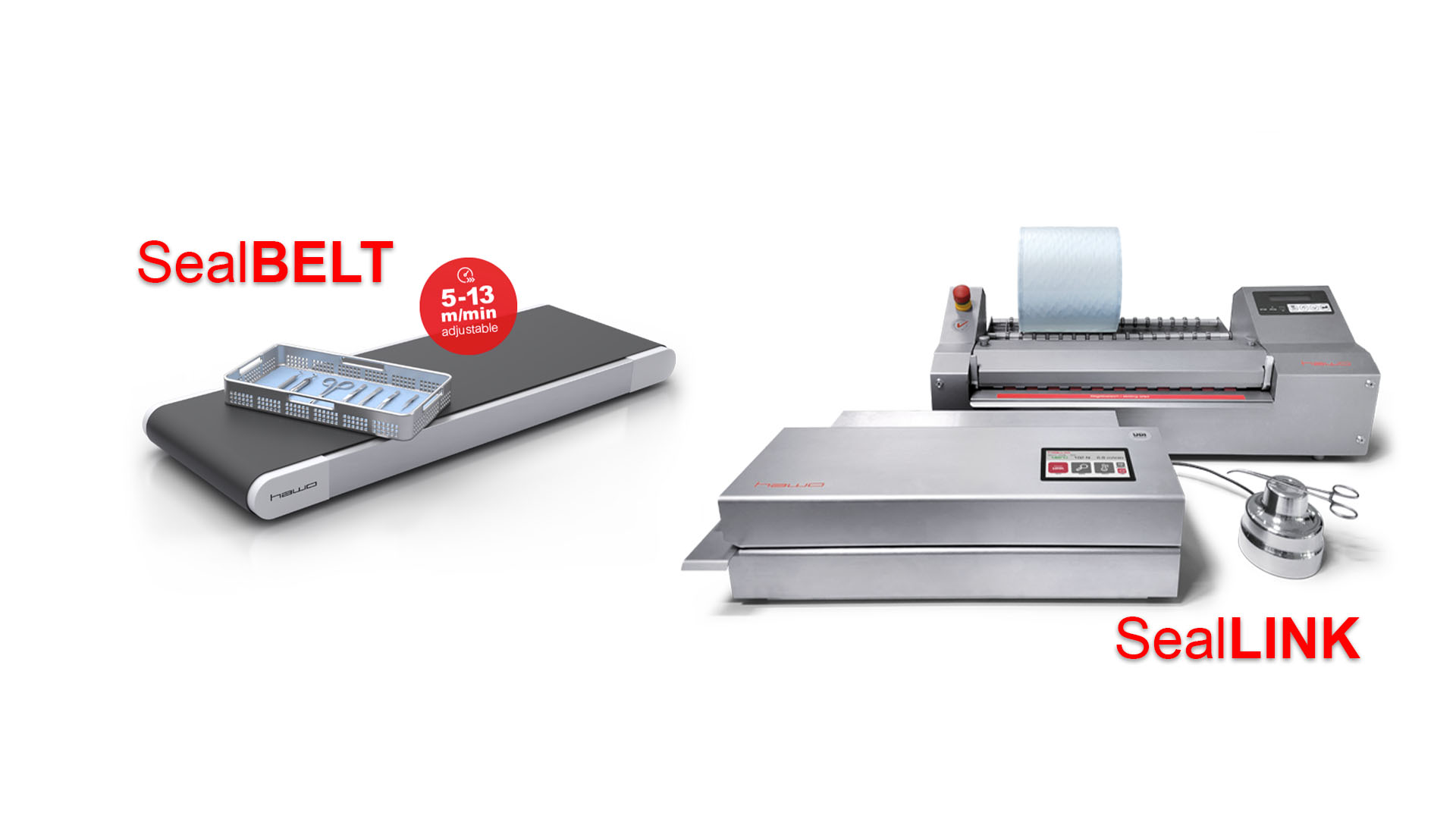Need to purchase an incubator for your laboratory? Confused about which one is right for you? In this month’s blog, we take a look at the different types of laboratory incubators on the market and which features you may wish to consider.
What is a laboratory incubator?
Say the word ‘incubator’ to people and most think of baby incubators seen in maternity wards of hospitals. However, here we are talking here about the types of laboratory incubators used to help grow or maintain organisms under controlled conditions.
Samples are placed inside a chamber and a set of controlled
conditions are maintained in order for organism to develop. Many laboratory
incubators are used for growing or storing bacteria cultures, but they can be
used for a myriad of other reasons.
Different types of laboratory incubator
Laboratory incubators are available in a variety of different sizes and configurations. They can be manufactured in both benchtop, under-counter and floor-standing versions. They can also be fitted with regulators for humidity, CO₂ and O₂ depending on the type of conditions required.
Some incubators also incorporate a shaker. This means that the incubator simultaneously incubates and agitates a sample. This is particularly useful for users that want to aerate a sample, avoid clotting or carry out solubility experiments.
Features to consider
Space is often a vital consideration to take into account when choosing an incubator. Your laboratory may not have the luxury of too much physical space. This means that you will need to choose a compact model. However, this needs to be weighed up with the internal capacity. Most users will want to maximise the amount of samples they can store at any one time.
The number of shelves can be an easy way round this problem.
Users can opt for a relatively compact model but have numerous shelves allowing
them to stack their samples.
Power consumption is also an important factor. Bear in mind that your laboratory incubator will be turned on indefinitely. Many large laboratories with tens or even hundreds of devices. They will often choose an incubator with a low power consumption to minimise running costs.
You may also wish to consider purchasing an incubator with a back-up power supply unless it is already incorporated in your Building Management System. This means that your laboratory incubator can continue to function in the event of a power failure. This is particularly important for users who are storing critical sample or who cannot afford to experience interruptions in their experiments.
Other factors to consider
Cost and design are probably two of the most important factors here. The laboratory incubator must be in budget. Furthermore, it must be easy to use. For example, you should consider what display the incubator is using- a touch screen? LED display? Also, does the incubator have removable shelves? Are they wire shelves or solid? These factors must be considered for the day-to-day user.
Monitoring the temperature of your incubator
In the event of a temperature fault, the user will need to know immediately if there is a problem. This allows the user to carry out the necessary remedial action with haste. Some incubators will have an in-built alarm, but users may also wish to link their incubator with other equipment. This is where wireless temperature monitoring systems like Eupry really come into play.
Users can place data loggers inside the incubator chamber. These wirelessly monitor the temperature and humidity. If the temperature and/or humidity exceed pre-defined limits set by the user, an SMS test message is sent along with an email to the relevant person. This gives the user enough time to transfer the samples into another laboratory incubator before damage is done.
Minimising contamination in your laboratory incubator
Contamination of samples is also something to consider. Some laboratory incubators, like those manufactured by LEEC, have high temperature decontamination cycles, HEPA filters and anti-microbial copper internal surfaces. This minimises the risk of cross contamination of samples.
Laboratory incubators with decontamination cycles are typically more expensive. Ask yourself whether you really need it before making a purchase.
How Henderson Biomedical can help
We are able to supply a range of laboratory incubators from well-known manufacturers such as LEEC, Labcold and Nuve. Our team are able to offer you sound advice on which incubator might be right for you. We also have a large stock of used laboratory incubators for customers who are on a tight budget and cannot afford new.
Contact our team on 020 8663 4610 or info@henderson-biomedical.co.uk for more information.









